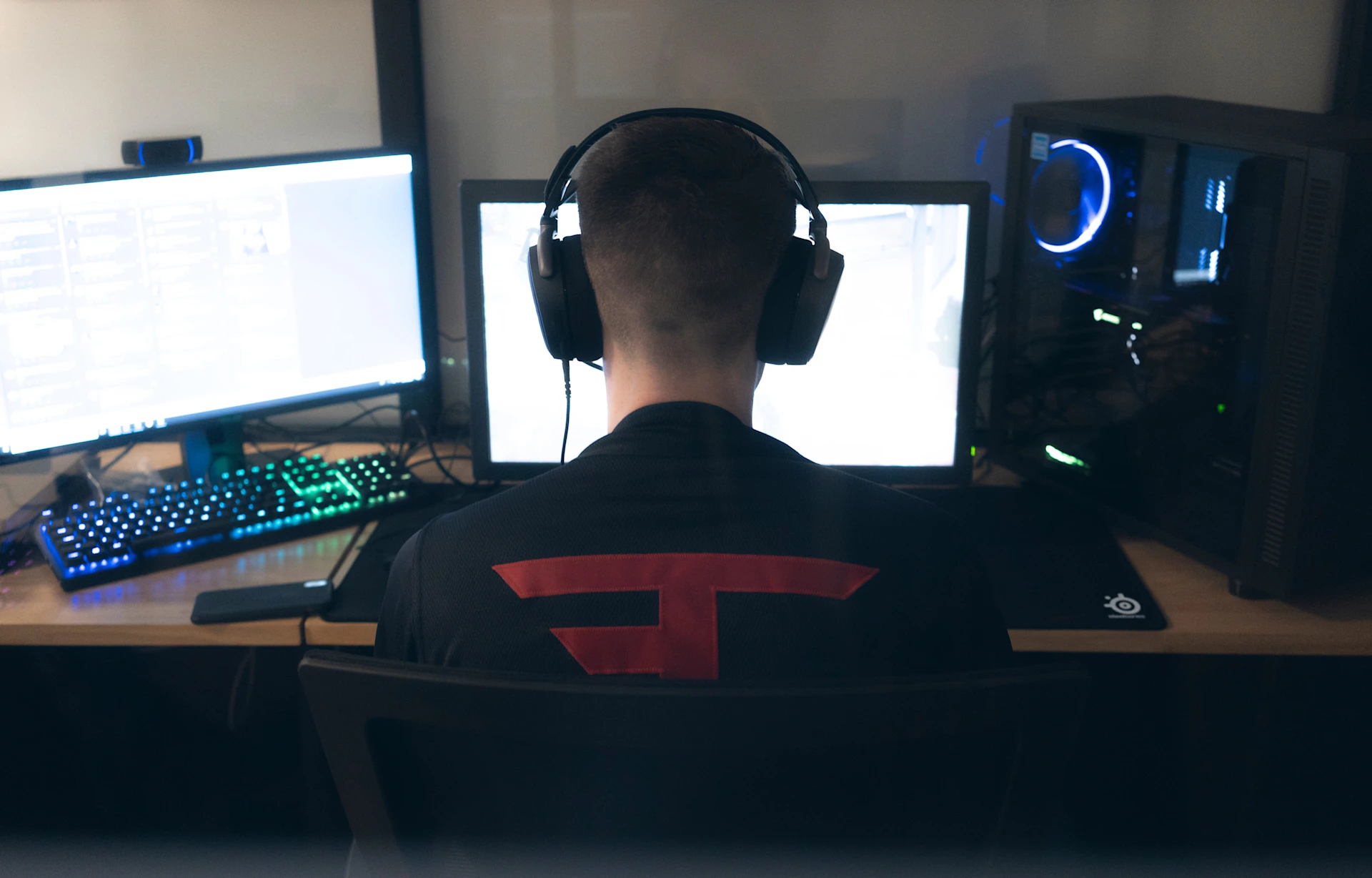
Valorant Anti-Cheat: How Will It Work?
What Riot is doing to prevent hackers and cheaters in Valorant.

Here's how Riot Games plans to counteract cheaters and ensure fair gameplay in Valorant.
Valorant Anti-cheat
One thing that has always plagued free to play titles like Valorant are cheaters. The seemingly endless supply of free accounts and no plausible way to pushing culprits have crippled quite a few games already, and Riot understands that for their FPS to succeed, they'll need to take drastic measures to prevent cheating from the get-go.
We've been really interested in the ways Riot will prevent hacking and cheating in Valorant, as described by Aidan O'Brien on Gamepur. To summarize:
Wallhack-resistant fog of war:
Valorant is combating wallhacking head-on with their integrated anti-cheat service which will be fully rolled out at launch. While the nitty-gritty details of the system are obviously confidential, Riot Games have implemented a fog of war system which essentially results in opponents being non-existent up until they are visually present on your monitor – rendering classic wall hacks obsolete.
Say goodbye to speedhacks:
Game settings and authorizations happen on the server side, which means players cannot change settings locally. This makes it almost impossible to use speed and teleportation hacks.
Cheat detection:
Two types of anti-tamper systems will be used: one that is already in use for League of Legends, as well as a new system (called "Vanguard"), that will be a more evolving method of cheat detection, including banning cheaters instantly instead of waiting for reports. Players who are in a game where a cheater is detected will have the match ended with no penalties, so their game isn't one-sided and their time is not wasted.
TL;DR: the game server has all the power, and the client is simply a shell that is being constantly monitored by Vanguard and LoL's anti-cheat system.
These aggressive anti-cheat precautions mean server architecture is of the utmost importance. Riot Games promises a strong netcode with a less than 35 millisecond latency for players in major cities around the world. And even if your opponent is lagging out, their movement will appear smooth to you as Valorant will upscale their movement to match their global server tick rate of 128.
In order to win at Valorant, you'll need to have actual skill and practice (and maybe use the same keyboard that pros use to get an edge in Fortnite). We hope you're as excited for a cheat-free Valorant as we are!
Read more
Intro to Valorant: What You Need to Know
Valorant PC System Requirements

Asger has spent an absurd number of hours playing the original Guild Wars and still frequently logs in for the nostalgia. He may also be the best Battlefield 4 tank driver on the northern hemisphere, at least according to himself. As he puts it, he tends to play for the glory and not for the story – and might be the most competitive non-competitive player you will ever meet.